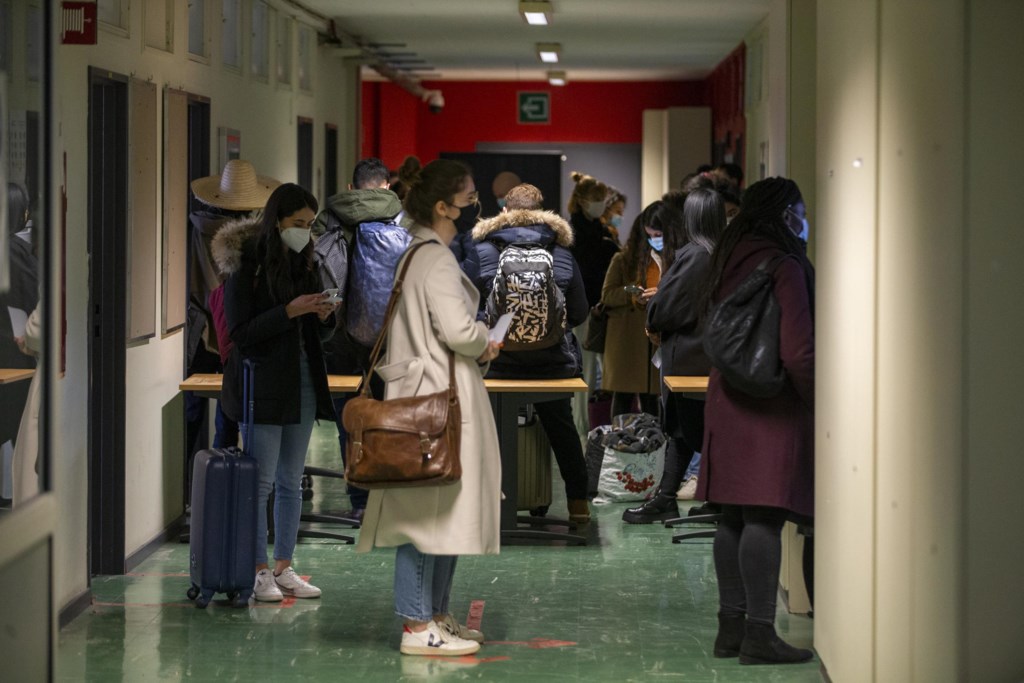Travellers returning to Belgium with the coronavirus is not necessarily a problem if they strictly adhere to the so-called "golden" rules, according to virologist and interfederal Covid-19 spokesperson Steven Van Gucht.
"If everyone respects the quarantine, the imported virus - more infectious or not - will not spread further into the population," Van Gucht explained, referring to the thought to be more infectious variants of the coronavirus detected in the United Kingdom and South-Africa.
"One of the biggest risks at the moment is that travellers are bringing in new, unknown variants of the virus," he said, adding that they can only be imported via travellers, as they are circulating in many other places around the world, including Belgium's neighbouring countries.
Related News
- Measures taken to avoid repeats of chaos at Brussels Airport
- Returning travellers blamed for Brussels' rising coronavirus infections
One successful introduction can be the start of "a huge outbreak," which is why every possible introduction of the virus should be avoided, so Belgium does not have to go through a third wave of infections with an unknown new variant.
However, a very important nuance for travellers is that the percentage of positive tests depended "very much" on the country they returned from, according to him.
"For some countries, it was only 2%," said Van Gucht. "For others, it was 10% to 12.5%, and that is many times higher than what you would normally expect in a random screening."
This figure has to do with the situation in the country of origin, but also with the activity people have done there. "If you have been visiting relatives, the risk of infection is many times higher," he said, referring to many people who travelled home for the Christmas period.
Maïthé Chini & Jules Johnston
The Brussels Times

